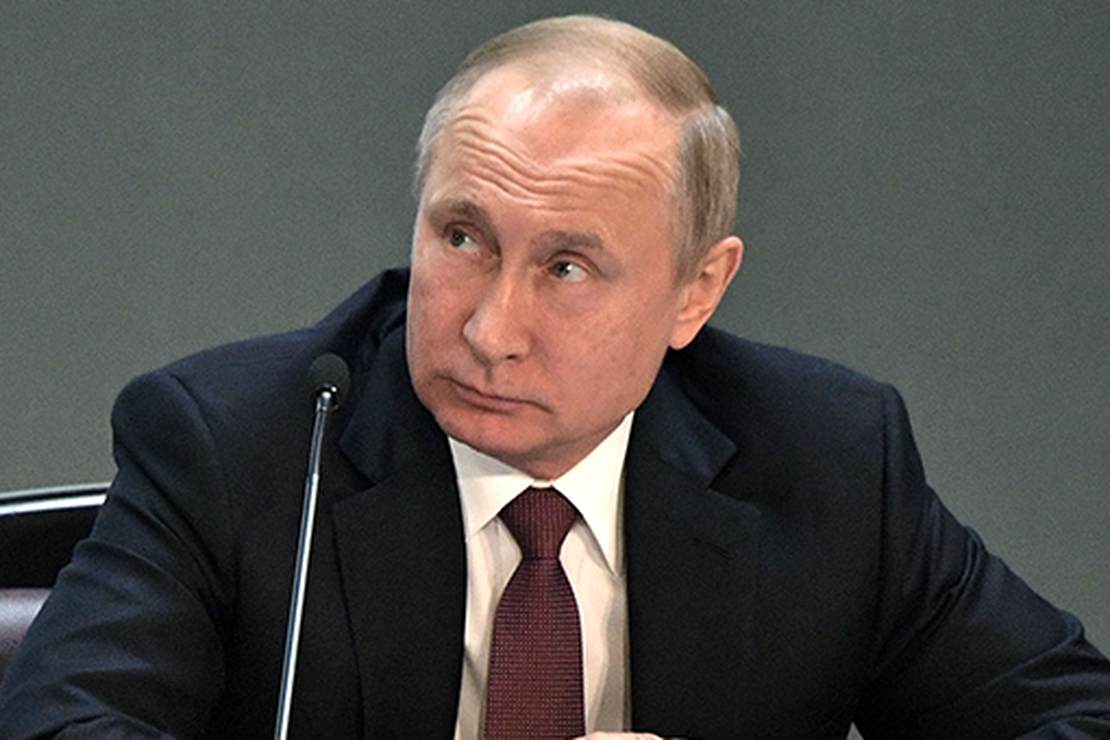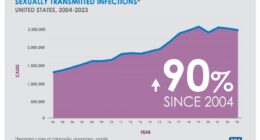
Is this a sign of disarray at the Kremlin, or a sign that the disarray has abated? Russian media outlet Pravda reported late yesterday that Vladimir Putin had sacked an additional five generals after his invasion of Ukraine struggled to meet and keep its objectives. The five commanders join others cashiered earlier by Putin, but these moves come as the news gets a little better for Russia in light of their new and less ambitious objectives:
The five generals Putin cut loose on Monday were Maj. Gens. Vasily Kukushkin, Alexander Laas, Andrey Lipilin, Alexander Udovenko, and Yuri Instrankin, according to a Russian media [outlet]. Police Col. Emil Musin was also among the top officials axed in what Russian media is calling a “standard employee reshuffle procedure,” citing a Kremlin decree. …
Most recently, Gen. Aleksandr Dvornikov, the so-called Butcher of Syria, has not been seen in two weeks. Dvornikov was chosen by Putin in April to oversee the war in Ukraine. His disappearance has led to speculation that he is no longer in command of the campaign. His absence from public view is reminiscent of Russian Defense Minister Sergei Shoigu’s weekslong disappearance in March following early failures in Ukraine.
The United Kingdom’s Ministry of Defense said earlier this month that Russia has fired or suspended some senior commanders for poor performance in Ukraine, including the commander of Russia’s Black Sea Fleet, after the sinking of the flagship vessel Moskva, and the general in charge of the failed takeover of Kharkiv.
One could read this either as a sign of collapse in Putin’s plans, or as a sign that critical discipline is finally being applied within the Russian military. It has been clear from the start that Putin and Russian leadership had a fantasy view of its own military capabilities, which became painfully clear after the initially successful thrust into Ukraine. It was so bad, in fact, that the incompetence and materiel failures stunned NATO as well. That kind of failure in wartime has to result in firings (and likely worse, since we’re talking about Putin), which means that these terminations are not necessarily purges but simply accountability that could force more discipline and better performance out of Russia’s military.
That would only be true if Putin has any better options as replacements. At the moment, it looks like the entire military leadership caste has been corrupted by the oligarchical system that runs Russia. Putin’s allies appear to have sucked the funding out of the military, and its officer class has shown little initiative or tactical instinct. Kicking a few asses to get the rest of the troops in line is a time-honored strategy for dealing with a complacent and underperforming military; George S. Patton delivered a few kicks after Kasserine Pass, for instance. But that only worked because (a) the US had highly capable and motivated commanders waiting for opportunities to shine, and (b) the US Army was inexperienced, not demoralized.
However, we do see signs that Russian morale and tactics have started to improve, perhaps as a result of these leadership changes. The Russian advance in the Donbas has not yet stalled as it did in the north in the beginning of the war. Ukrainians are fighting valiantly, but now are falling back a bit more regularly away from strategic positions. Russian forces are doing well enough this week to raise hope in Putin that Western leaders will shy away from a long war of attrition:
READ RELATED: Beau Biden Foundation took in millions in donations, only spent thousands on its mission
Russian President Vladimir Putin is digging in for a long war of attrition over Ukraine and will be relentless in trying to use economic weapons, such as a blockade of Ukrainian grain exports, to whittle away Western support for Kyiv, according to members of Russia’s economic elite.
The Kremlin has seized on recent signs of hesitancy by some European governments as an indication the West could lose focus in seeking to counter Russia’s invasion of Ukraine, especially as global energy costs surge following the imposition of sanctions on Moscow.
Putin “believes the West will become exhausted,” said one well-connected Russian billionaire, speaking on the condition of anonymity for fear of retribution. Putin had not expected the West’s initially strong and united response, “but now he is trying to reshape the situation and he believes that in the longer term he will win,” the billionaire said. Western leaders are vulnerable to election cycles, and “he believes public opinion can flip in one day.”
The embargo on Russia’s seaborne oil exports announced by the European Union this week — hailed by Charles Michel, president of the European Council, as putting maximum “pressure on Russia to end the war” — would “have little influence over the short term,” said one Russian official close to Moscow diplomatic circles, also speaking on the condition of anonymity for fear of retribution. “The Kremlin mood is that we can’t lose — no matter what the price.”
That depends on a definition of losing. The idea that Putin will wear down the West in the short term looks fatuous; the EU imposed new sanctions on Russian oil imports today, a piecemeal approach that will nevertheless accelerate the process of breaking European dependence on Russian energy. The West has alternatives to Russian oil, but Russia has few alternatives to replacing the wealth that access to the West created. The one alternative they’ve courted looks less and less inclined to deliver, too.
In the long run, though, Putin knows that the West will either lose interest altogether or take a realpolitik approach to force Ukraine to accept concessions to end the war. But that may still leave Putin with more NATO forces on his border than when he started, as well as a crippled military and an economy that has no strength to rebuild it. If that’s the victory that Russia cannot live without, it will be Pyrrhic at best.
Source:





